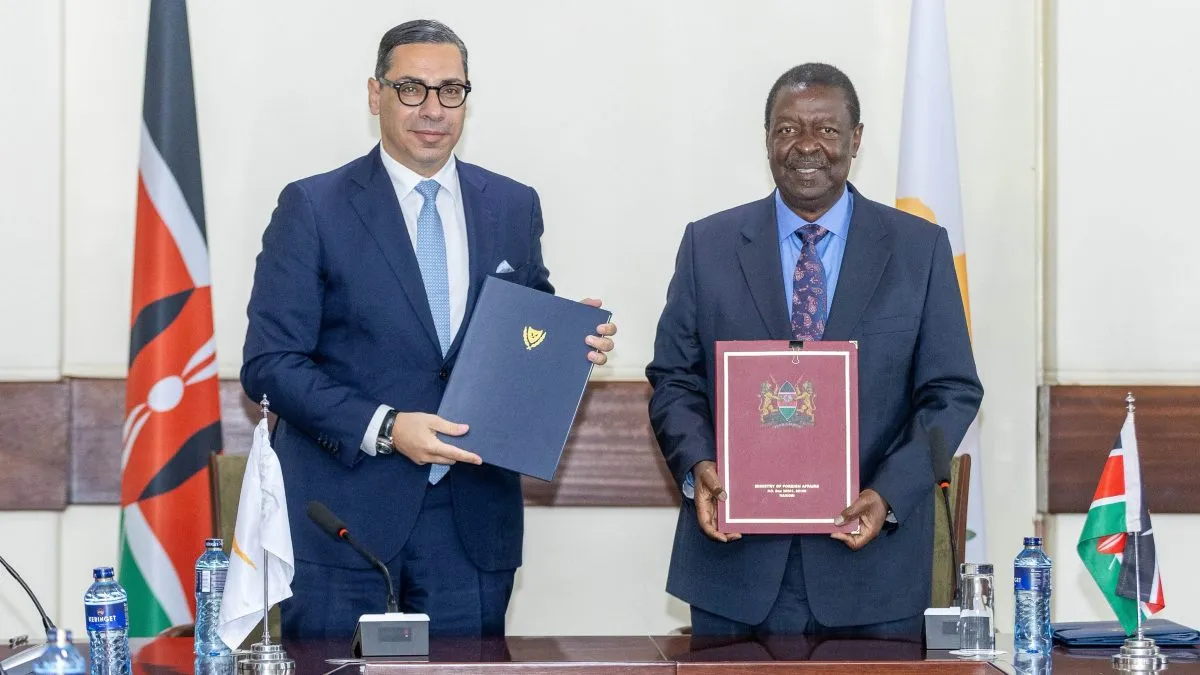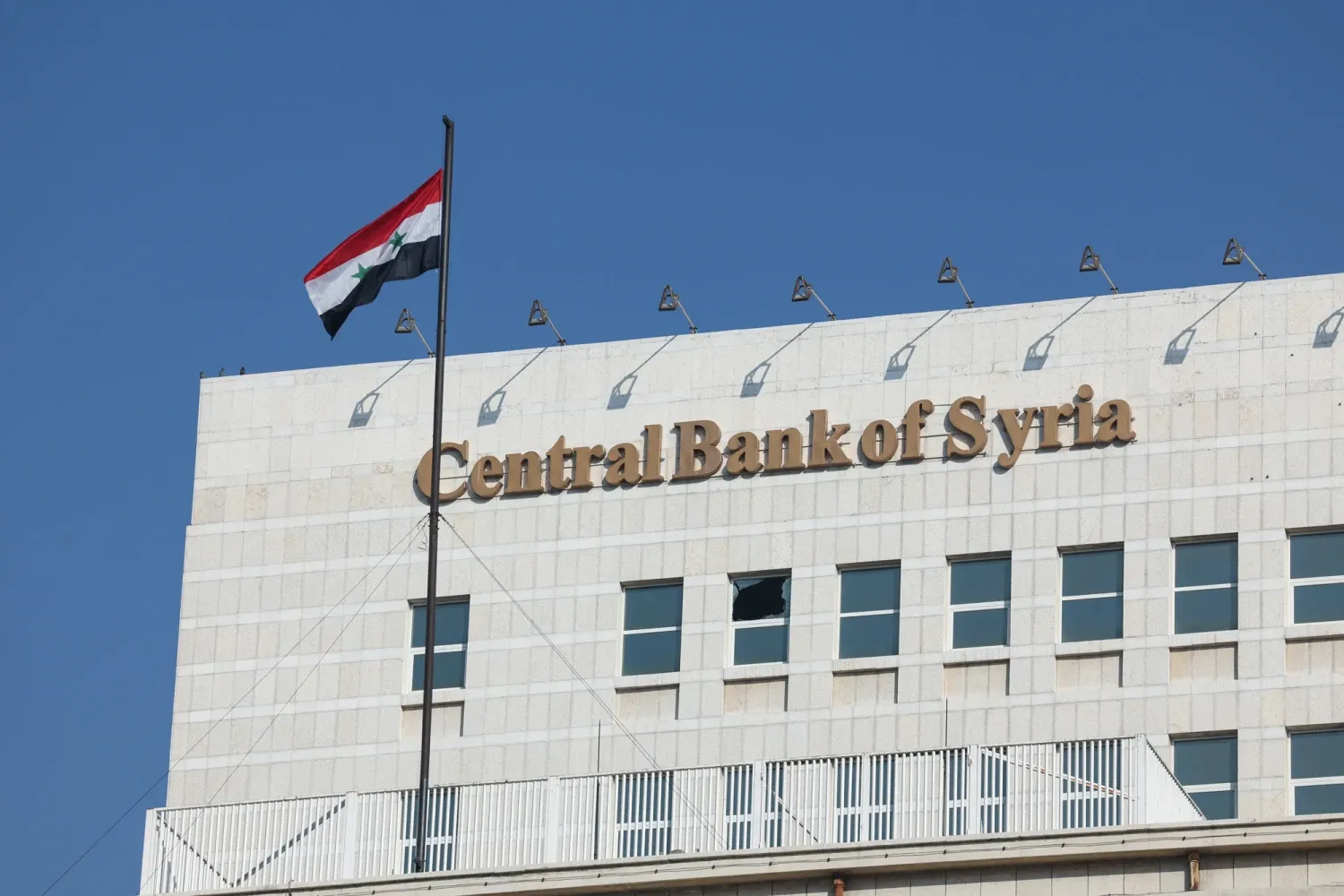In a bid to stabilize Ethiopia’s turbulent foreign exchange market, the National Bank of Ethiopia (NBE) held a special auction to sell U.S. dollars to commercial banks. This move is part of a larger effort to close the gap between the official exchange rate and the rates in the parallel market. The auction saw the dollar sold at an average rate of 107.9 birr, a significant improvement from the 120 to 122 birr range prevalent in the unofficial market. Until last week, unofficial rates were almost double those offered by formal lenders.
Background
Ethiopia’s foreign exchange market has faced immense pressure due to a combination of factors, including a prolonged civil war in the Tigray region, trade imbalances, and strict currency controls. The country’s decision to let its currency float freely on July 29 marked a monumental shift after nearly five decades of tight control over exchange rates. This policy change is part of broader economic reforms aimed at attracting foreign investors and securing financial support from international bodies like the International Monetary Fund (IMF).
Immediate Economic Impact
The immediate effects of the central bank’s special auction were palpable. Financial analyst Abdulemenan Mohammed from Portobello Group noted that the mere announcement of the auction led to a decline in the parallel market rate due to expectations of a substantial dollar supply. However, the central bank did not disclose the total amount of dollars sold, a decision that Abdulemenan suggests might offer short-term market stability but could result in long-term unpredictability. “While not disclosing this information could offer short-term advantages in stabilizing the market driven by perception, it may have long-term consequences,” he remarked. “Black-market traders will begin to predict the bank’s capacity to supply foreign currency, leading to potentially volatile fluctuations in the parallel market.”
Reactions from Key Figures
Prime Minister Abiy Ahmed has been vocal about his dissatisfaction with the banking sector’s handling of the birr’s exchange rate. Last week, he criticized banks for maintaining artificially strong exchange rates compared to those in the parallel market. Governor Mamo Mihretu of the National Bank of Ethiopia expressed satisfaction with the narrowing exchange rate gap following the auction. “We are pleased to see a substantial narrowing of the gap between the official and parallel rates,” Mihretu stated. “We anticipate and indeed expect more banks will make foreign exchange available to their clients.”
Historical Context and Reform Goals
The move to float the birr is part of a series of economic reforms initiated by the Ethiopian government to modernize the economy, enhance transparency, and attract international investments. This shift comes on the heels of Ethiopia securing a $3.4 billion program from the IMF, which in turn unlocked an additional $16.6 billion in potential funding from the World Bank. These financial packages are critical for Ethiopia, aiming to rebuild an economy strained by years of internal conflict and a challenging global economic environment.
State Minister for Finance Eyob Tekalign Tolina highlighted the problematic nature of the previously tightly controlled exchange market in a recent Bloomberg interview. “Before Ethiopia removed the peg, about 80% of foreign-currency trades happened on the street,” Tolina said. “The tightly controlled market made access difficult and ensured trades remained underground.” This underground market thrived due to a severe shortage of foreign currency, worsened by import-heavy trade imbalances and dwindling international aid.
Challenges and Prospects
Despite these positive steps, Ethiopia faces significant challenges in achieving long-term economic stability. The nation’s economy has been battered by a two-year civil war in the northern Tigray region, which not only caused human suffering but also strained economic resources. The conflict disrupted agricultural production, led to infrastructure damage, and significantly hampered trade routes, compounding the economic difficulties faced by the country.
Moreover, Ethiopia’s import-dependent economy has struggled with a persistent trade deficit, further exacerbating the foreign currency shortage. The country imports a wide range of goods, from machinery and equipment to food and pharmaceuticals, which places continuous pressure on its foreign exchange reserves. The scarcity of foreign currency has often forced businesses to turn to the black market to meet their needs, perpetuating the cycle of economic instability.
Reform Implementation and Future Steps
To ensure the success of the currency float and the broader economic reforms, the Ethiopian government must implement several key measures. First, improving the transparency and efficiency of the foreign exchange market is crucial. This involves regular and transparent auctions of foreign currency, clear communication with market participants, and robust monitoring mechanisms to prevent market manipulation.
Second, diversifying the economy to reduce reliance on imports and boost exports is essential. Ethiopia has significant potential in sectors such as agriculture, manufacturing, and tourism. Investments in these areas can create jobs, increase export revenue, and reduce the trade deficit. For instance, the agricultural sector, which employs a large portion of the population, can benefit from modern farming techniques, improved irrigation systems, and access to international markets.
Third, strengthening the financial sector to support businesses and consumers is vital. This includes enhancing the capacity of commercial banks to provide foreign exchange services, improving access to credit for small and medium-sized enterprises, and fostering financial inclusion to ensure that all segments of society benefit from economic growth.
International Support and Collaboration
International support will be instrumental in helping Ethiopia navigate these challenges. The IMF and World Bank funding will provide much-needed financial resources, but technical assistance and policy advice are equally important. Collaborating with international organizations, donor countries, and development agencies can help Ethiopia implement best practices in economic management, regulatory reforms, and institutional strengthening.
Additionally, regional cooperation within the Horn of Africa and with neighboring countries can foster economic stability and growth. Enhancing trade relations, infrastructure connectivity, and cross-border investments can create a more integrated and resilient regional economy. For example, the African Continental Free Trade Area (AfCFTA) presents significant opportunities for Ethiopia to expand its trade network and attract investments.
Conclusion
Ethiopia’s decision to sell dollars at a special auction and float its currency marks a significant milestone in the country’s economic reform journey. While the immediate impact has been positive, with a narrowing of the exchange rate gap and increased optimism among policymakers, the road ahead remains challenging. The success of these reforms hinges on effective implementation, addressing structural economic issues, and garnering international support.
As Ethiopia navigates this critical period, the resilience and determination of its people will be crucial in shaping a prosperous future. The government’s commitment to transparency, economic diversification, and financial stability will lay the foundation for sustainable growth and development. With the right policies and collaborative efforts, Ethiopia can overcome its current challenges and emerge as a stronger and more resilient economy on the global stage.
photo source: Google
By: Montel Kamau
Serrari Financial Analyst
8th August, 2024
Article, Financial and News Disclaimer
The Value of a Financial Advisor
While this article offers valuable insights, it is essential to recognize that personal finance can be highly complex and unique to each individual. A financial advisor provides professional expertise and personalized guidance to help you make well-informed decisions tailored to your specific circumstances and goals.
Beyond offering knowledge, a financial advisor serves as a trusted partner to help you stay disciplined, avoid common pitfalls, and remain focused on your long-term objectives. Their perspective and experience can complement your own efforts, enhancing your financial well-being and ensuring a more confident approach to managing your finances.
Disclaimer: This article is for informational purposes only and does not constitute financial advice. Readers are encouraged to consult a licensed financial advisor to obtain guidance specific to their financial situation.
Article and News Disclaimer
The information provided on www.serrarigroup.com is for general informational purposes only. While we strive to keep the information up to date and accurate, we make no representations or warranties of any kind, express or implied, about the completeness, accuracy, reliability, suitability, or availability with respect to the website or the information, products, services, or related graphics contained on the website for any purpose. Any reliance you place on such information is therefore strictly at your own risk.
www.serrarigroup.com is not responsible for any errors or omissions, or for the results obtained from the use of this information. All information on the website is provided on an as-is basis, with no guarantee of completeness, accuracy, timeliness, or of the results obtained from the use of this information, and without warranty of any kind, express or implied, including but not limited to warranties of performance, merchantability, and fitness for a particular purpose.
In no event will www.serrarigroup.com be liable to you or anyone else for any decision made or action taken in reliance on the information provided on the website or for any consequential, special, or similar damages, even if advised of the possibility of such damages.
The articles, news, and information presented on www.serrarigroup.com reflect the opinions of the respective authors and contributors and do not necessarily represent the views of the website or its management. Any views or opinions expressed are solely those of the individual authors and do not represent the website's views or opinions as a whole.
The content on www.serrarigroup.com may include links to external websites, which are provided for convenience and informational purposes only. We have no control over the nature, content, and availability of those sites. The inclusion of any links does not necessarily imply a recommendation or endorsement of the views expressed within them.
Every effort is made to keep the website up and running smoothly. However, www.serrarigroup.com takes no responsibility for, and will not be liable for, the website being temporarily unavailable due to technical issues beyond our control.
Please note that laws, regulations, and information can change rapidly, and we advise you to conduct further research and seek professional advice when necessary.
By using www.serrarigroup.com, you agree to this disclaimer and its terms. If you do not agree with this disclaimer, please do not use the website.
www.serrarigroup.com, reserves the right to update, modify, or remove any part of this disclaimer without prior notice. It is your responsibility to review this disclaimer periodically for changes.
Serrari Group 2025





